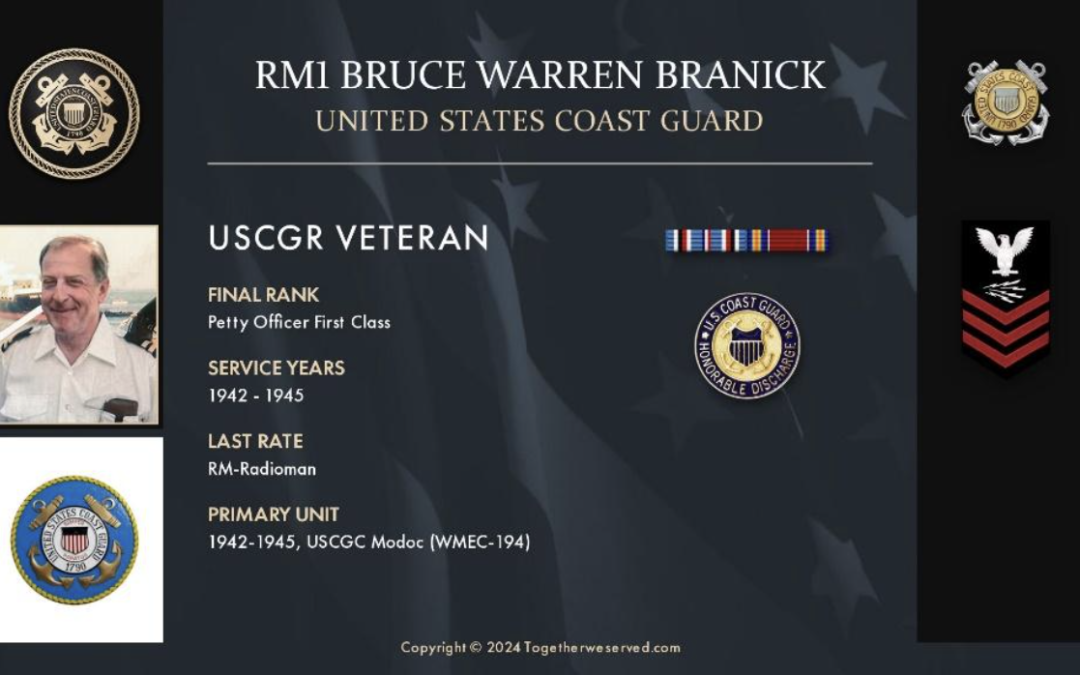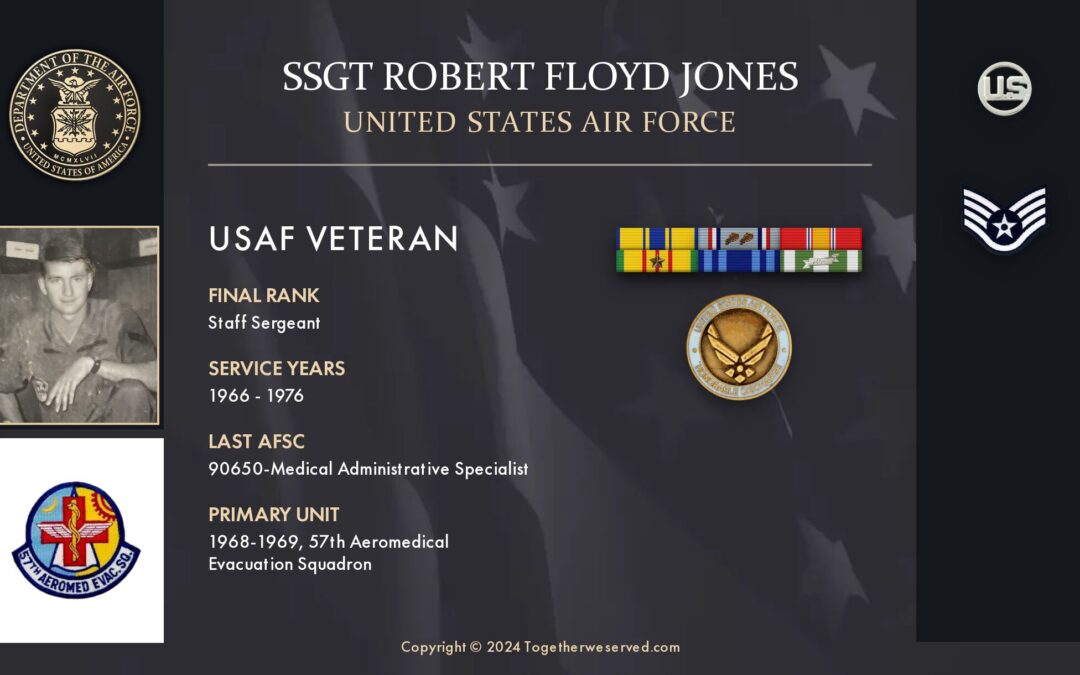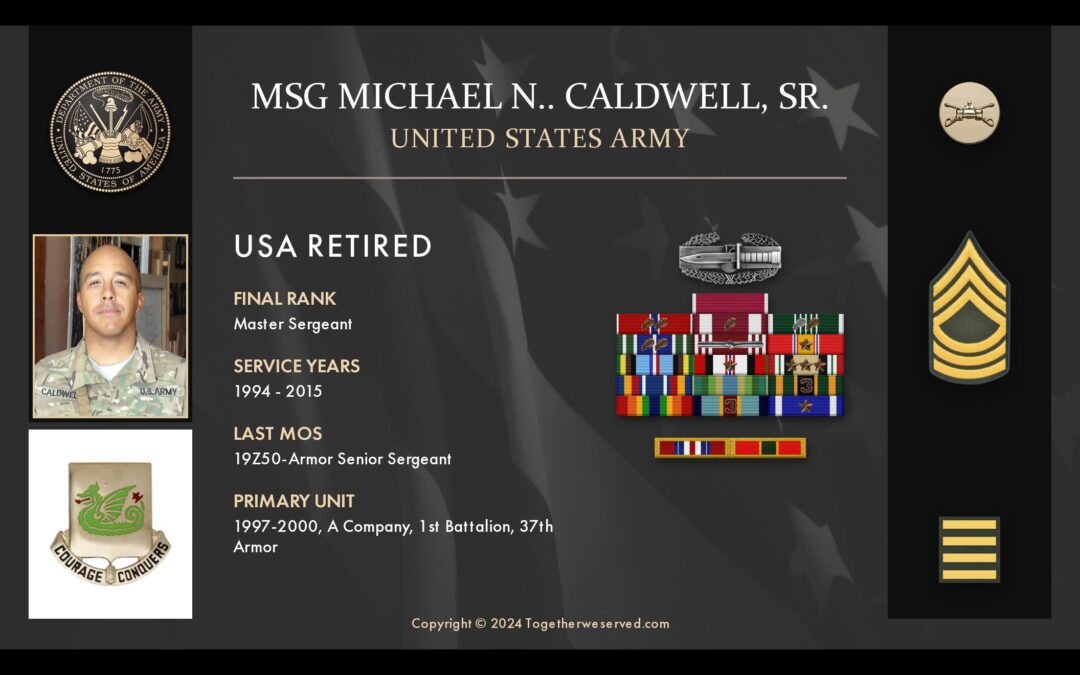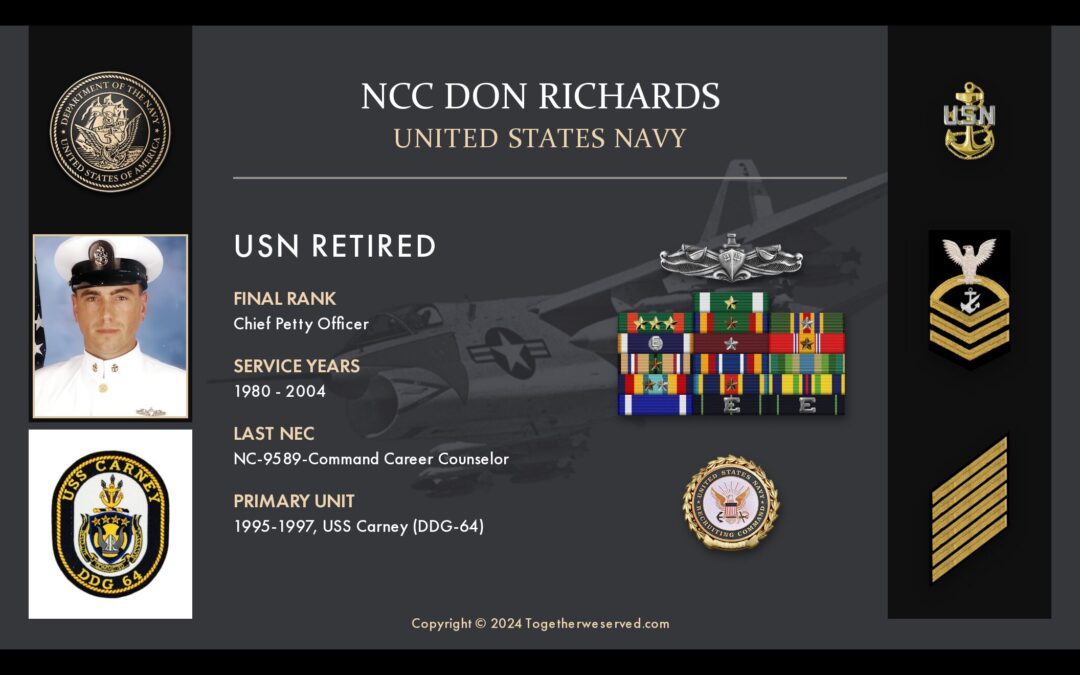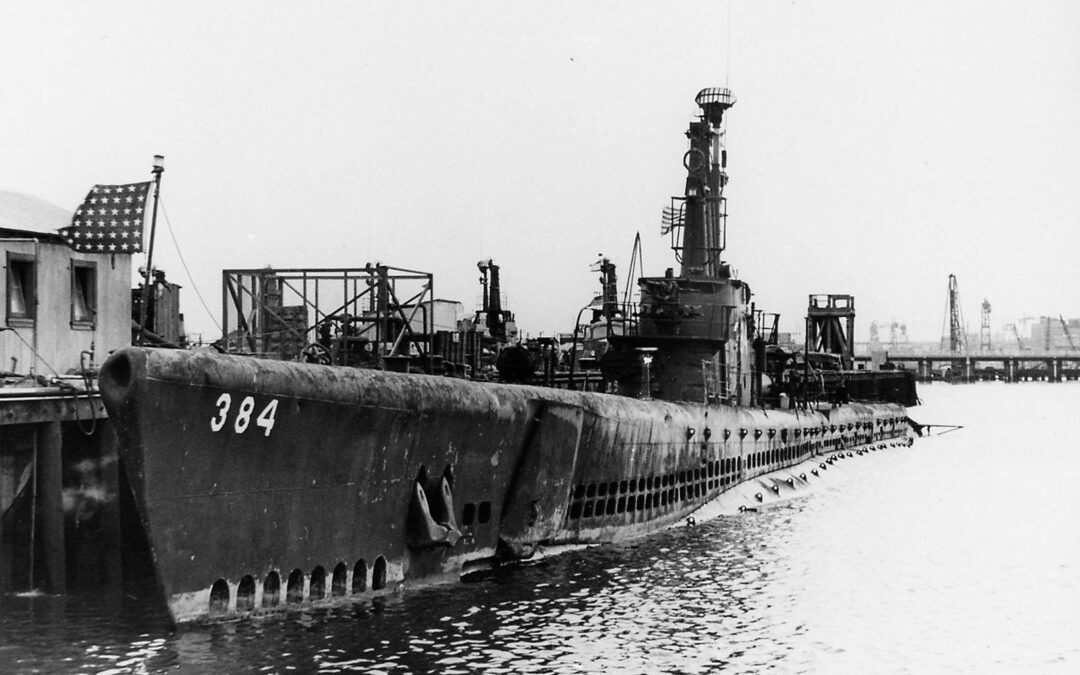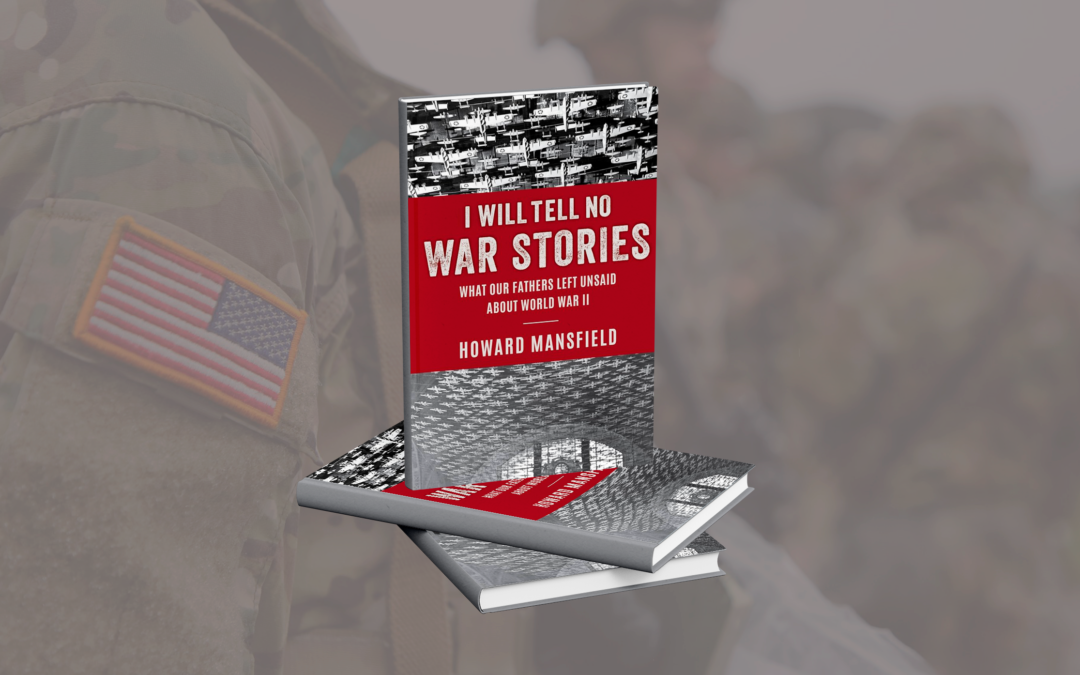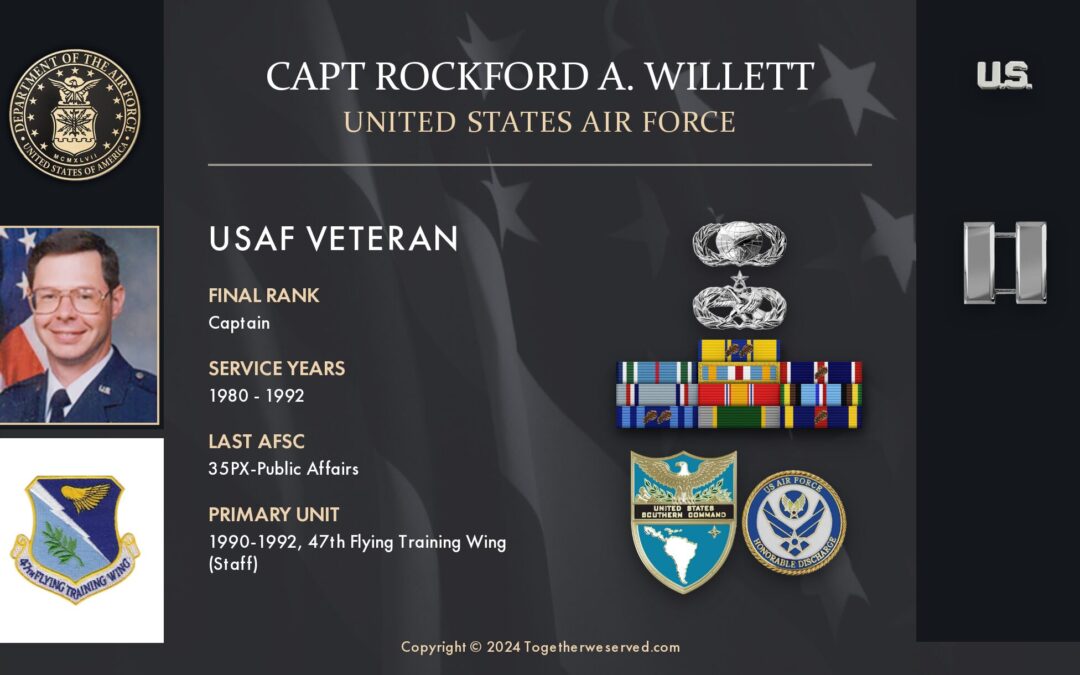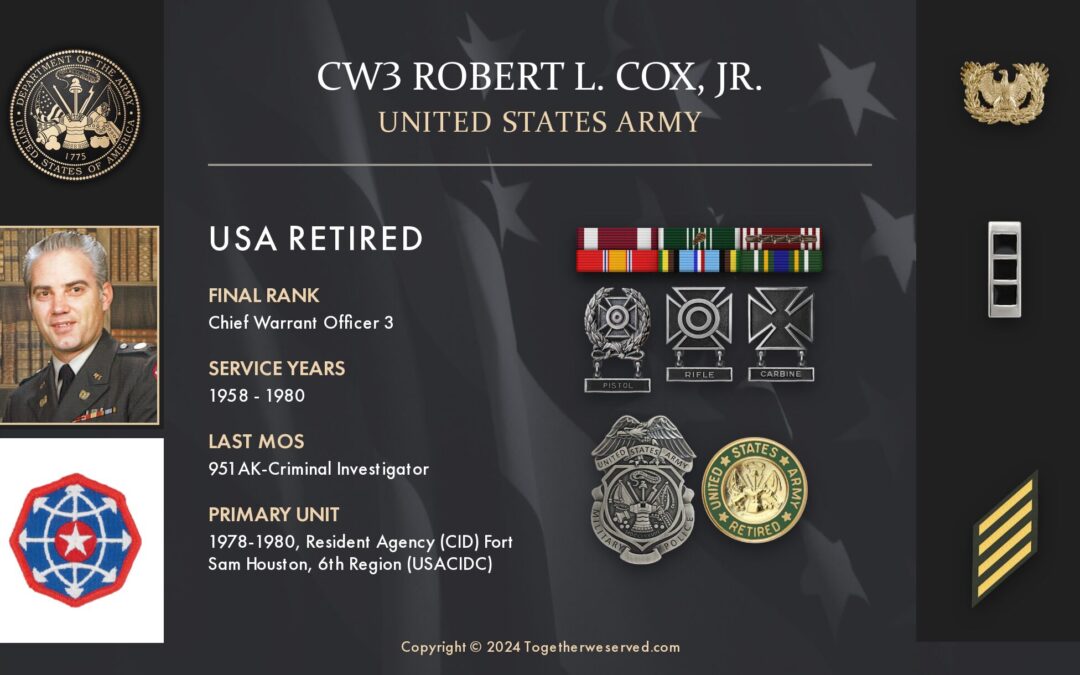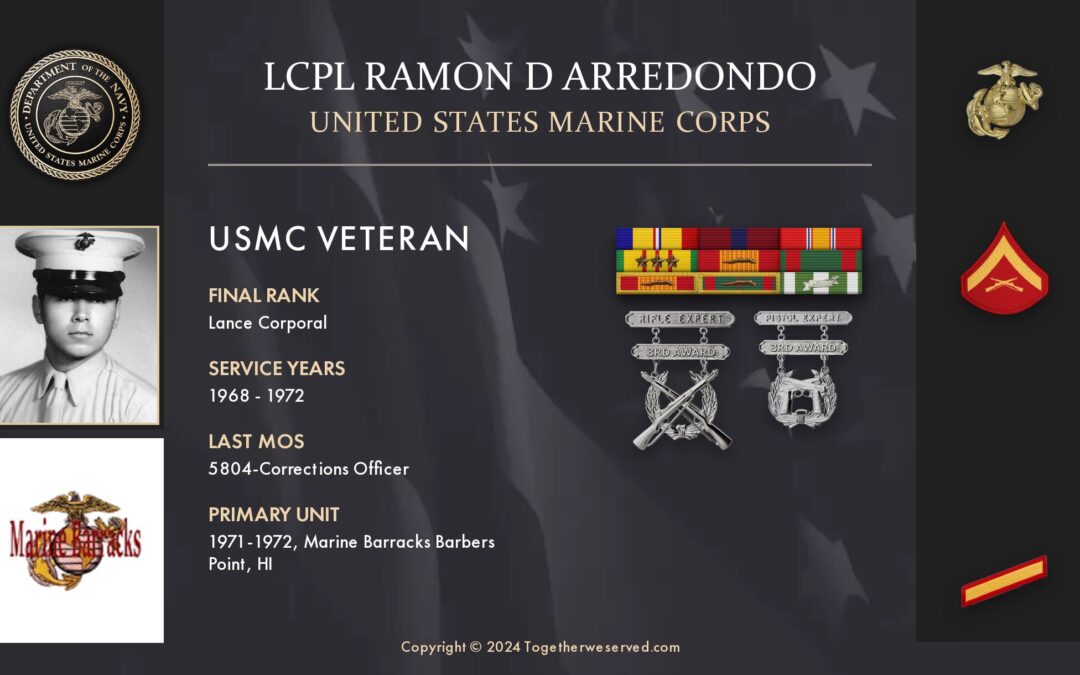My step-father was a mining engineer and shift-foreman at Ray Mines, Arizona, and they appeared to need a timber-helper underground. I got the job, and worked lm tunnels and adits some 400 feet beneath Ray, for over a year, and in 1941, as a tool dresser in the Candle House, resigned to try for radio school at Port Arthur College in Port Arthur, Texas.
